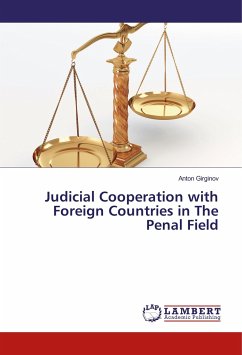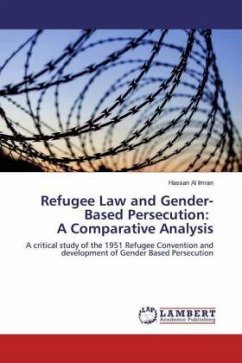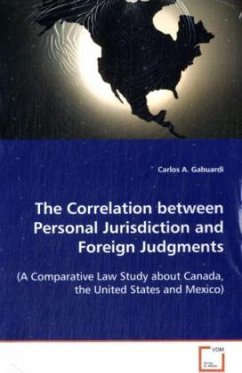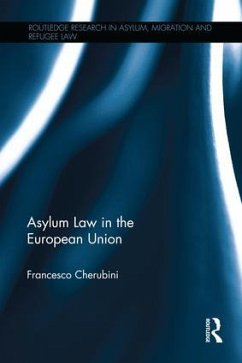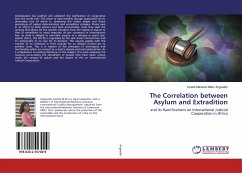
The Correlation between Asylum and Extradition
and its Ramifications on International Judicial Cooperation in Africa
Versandkostenfrei!
Versandfertig in 6-10 Tagen
47,99 €
inkl. MwSt.

PAYBACK Punkte
24 °P sammeln!
Globalization has justified and validated the codification of cooperative laws the world over. This move to ease mobility though applauded has its downsides one of which is, rendering the rather simple and direct procedures of asylum determination and extradition complex. States men in an effort to both protect and hold accountable, must thus seek the synergy that allows for the smooth transition from the regime of asylum to that of extradition to avoid impunity. As per consensus in International law, no state is obliged to entertain anyone as a refugee or grant any, asylum status, this strict...
Globalization has justified and validated the codification of cooperative laws the world over. This move to ease mobility though applauded has its downsides one of which is, rendering the rather simple and direct procedures of asylum determination and extradition complex. States men in an effort to both protect and hold accountable, must thus seek the synergy that allows for the smooth transition from the regime of asylum to that of extradition to avoid impunity. As per consensus in International law, no state is obliged to entertain anyone as a refugee or grant any, asylum status, this strictly is regulated by the said states internal laws and it's answerable to no one for its decision. This equally applies with the transfer of an individual in their custody for an alleged criminal act to another state. This is in respect of the principles of sovereignty and territoriality which are utmost to a state's dignity and international law. As a complement to existing literature on the subject, this work examines the nuances surrounding the extradition of people who have taken refuge under the canopy of asylum and the impact of this on International Judicial Cooperation.





